Minsk’s muddled media clampdown could jeopardize warming of relations with the West.
Andrei Yahorau: Any realistic association will provoke consolidation

If the unity of left-wing political forces will turn to be real, not fictitious, then it could provoke consolidation processes in the whole opposition structure. Such an opinion was expressed in the talk with the EuroBelarus Information Service by Andrei Yahorau, political scientist and the head of the Centre for European Transformation.
“Any alliance in our situation can only be welcomed," noted the expert. "But everything depends on how realistic this consolidation is. Throughout Belarusan history we witnessed a great number of fictitious unions that are done for demonstration of consolidation, not for real changes in the politics. That is why in this case we’ll have to check whether this unity is real or fictitious”.
Andrei Yahorau recalled the six criteria that help to distinguish consolidation of opposition from its imitation, which can be employed in relation to the new consolidation of the left-wingers. “First of all, it is the united membership of leaders. And the number of leaders should be no less than the number of structures that are in this unity. If we will see that one or two leaders will speak on the side of this left-wing unity, it will suggest the realism of this unity,” explained the political scientist.
“Besides, the announced strategy and certain actions connected with this strategy will serve as the indicator of the realistic side, so that we as the external observers could see whether this consolidation really does something and develops some strategy that we can track and watch in real life, moving in accordance with the plan. It is in this particular case that we can talk about the presence of some serious consolidation”.
But is the consolidation of the left-wing political forces able to provoke consolidation processes among other political players?
Andrei Yahorau believes that “any realistic association, even that of the communists with the Christians provokes consolidation processes”. “If some effective unity starts merging its structures, leader membership, resources, move in some direction, then it sets some trend. And all the rest will have to move to consolidation only to meet the trend,” noted the political scientist.
However, it is still hardly possible that the uncoordinated Belarusan left-wingers will be able to work together, the expert believes. “All the more that it is difficult to compare today’s situation with the former situations, as before that these party systems were more or less functional. And now all political blocks, except “Spravedlivy Mir” (Just World) Party, look much weaker,” highlighted Andrei Yahorau.
Others
-
In Belarus, a rising fear: Will we be the next Ukraine?
The relationship between Russia and Belarus has never been an easy one. The two former Soviet republics have spent the last two decades on a roller coaster ride — sometimes allies, sometimes adversaries in heated public rows.
-
The EU’s Benign Neglect of Eastern Europe
Between November 6 and December 11, 2015, Carnegie Europe continued its Capitals Series. In this second phase, the focus was on the EU’s Eastern neighbors, which the bloc has so often zigzagged over in trying to establish a coherent policy toward them collectively or bilaterally.
-
New ENP and Civil Society’s Role in Focus of the 7th EaP CSF Annual Assembly (Photo)
The 7th Annual Assembly of the Eastern Partnership Civil Society Forum was held in Kyiv on 19-21 November attracting around 300 participants, observers and guests who attended more than 20 sessions and a Networking Fair in the framework of the Assembly.
-
Is social economy a phenomenon for Belarus?
The conference “Social economy: how to be successful despite the crisis” launched in Minsk on October 22.

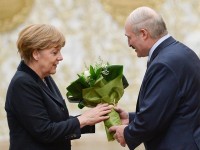
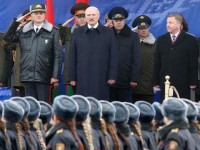
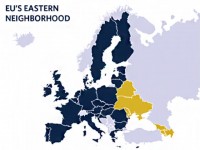
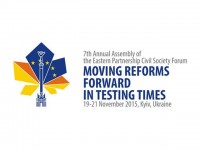
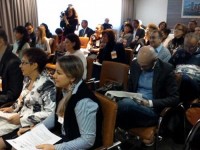
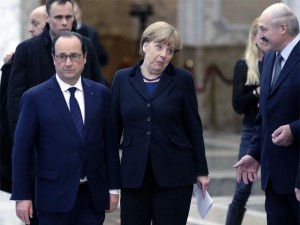

Comments
From farewell to a new Eastern policy and towards a new development
Poland and Germany were both initiators and drivers of a New Eastern policy linked to the Eastern neighborhood and Russia/Soviet Union.